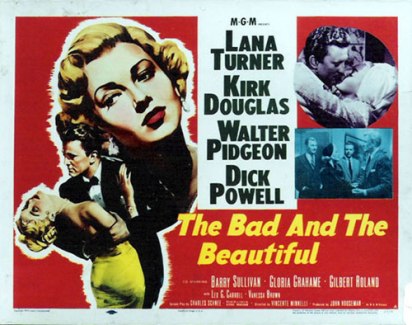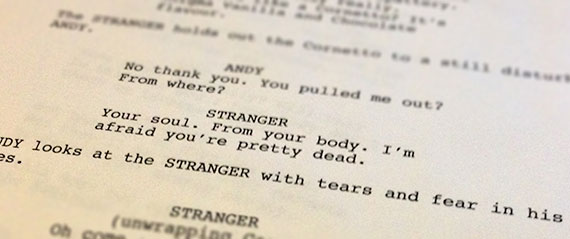SCREENPLAY SUBMISSIONS: Is Your Script Really Ready?

The Truth
Are you really telling yourself the truth? Be honest — when you are considering sending out your script to film executives, agents, competitions, and so on — are you thinking that your screenplay “is good enough as is” OR “I can’t look at it anymore, I’ll just send it out”? If that’s what you’re thinking (and you’re not alone) — then you know in your gut what the answer is. The truth is this — your script definitely needs another rewrite or several more rewrites.
The Consequences
Here are the tough facts. Once you submit your script to a company and it’s been rejected, the likelihood of that company reading the script once again even after a brilliant rewrite is nearly impossible. It’s challenging enough to get a screenplay into the hands of film industry folks, so don’t blow your chances by being impatient with your writing process.
The Facts
Every writer is different. Some screenwriters can hammer out a brilliant script in just a few days and a couple of drafts while others take years and dozens upon dozens of drafts. The amount of drafts screenwriters need to complete a script is no measure of talent; a script takes the time it needs to be good.
Get Feedback from Truth Tellers
Before you submit your screenplay, get feedback from people who will tell you the truth. And nothing but the truth. So, giving it to people who might sugarcoat their critiques — such as family members and best friends, who probably want to remain on good terms with you, is probably not your best choice. Knowing what to ask when receiving feedback will help you stay focused and enable you to gain more objectivity with your screenplay.
20 Questions to Ask When Receiving Feedback
- Did you care about the story and characters?
- Does my plot make sense?
- Does my script have a solid three-act structure?
- Are the stakes clear?
- Is the genre clear and consistent throughout the script?
- What elements made the story engaging? Were there places you lost interest or felt were implausible?
- Is the subplot (or subplots) overpowering the main plot?
- Are the scenes building to a climax?
- Have I paid off actions that I set up?
- Does the dialogue ring true for each of my characters or does it feel interchangeable?
- Is this script a page-turner?
- Is each scene advancing the plot forward?
- Are there scenes that drag or ramble?
- Are my main characters’ journeys clear?
- Do any of the characters need to be further developed?Are my characters memorable?
- Are my characters’ objectives, motivations, obstacles, and journeys clear and compelling?
- Are the characters multi-dimensional?
- Did you find the story or characters predictable in a way that was detrimental to the script?
- Are the action paragraphs an interesting read or are they too dense?
- Is this script a page-turner?
- Is each scene advancing the plot forward?
- Are there scenes that drag or ramble?
- Are my main characters’ journeys clear?
- Do any of the characters need to be further developed?
- Are my characters memorable?
- Are my characters’ objectives, motivations, obstacles, and journeys clear and compelling?
- Are the characters multi-dimensional?
- Did you find the story or characters predictable in a way that was detrimental to the script?
- Are the action paragraphs an interesting read or are they too dense?
The Truth Be Told – Final TipsOnce you have implemented feedback and feel absolutely certain that your script is absolutely ready to be submitted, you need to do the following:- Have someone else proofread your script one last time. Formatting errors will greatly risk your script getting rejected.
- Register your screenplay with the Writers Guild of America in order to project yourself from theft of ideas. Most film industry folks will not accept your script if it is not registered.
- Whether submitting to a company, agency or script competition, make sure that you carefully follow all submission guidelines and submit a script only when it has been requested.
Remember, if you are tired, bored, frustrated, or (fill in the adjective) of your screenplay—so will the agent, manager, producer, script competition reader, and all the film industry folks to whom you are submitting your project. Your script is your calling card to the film industry so always submit your absolutely best screenplay!










